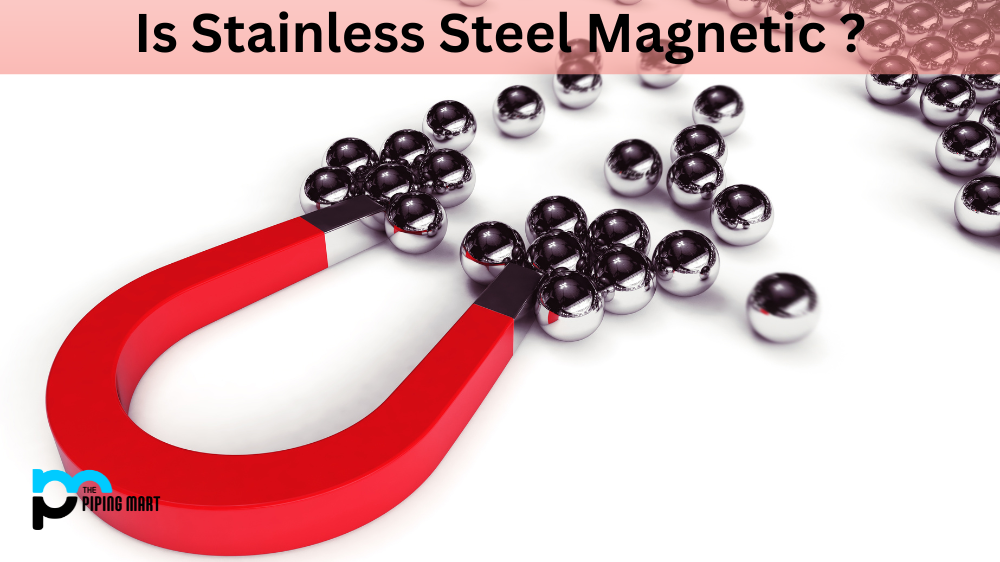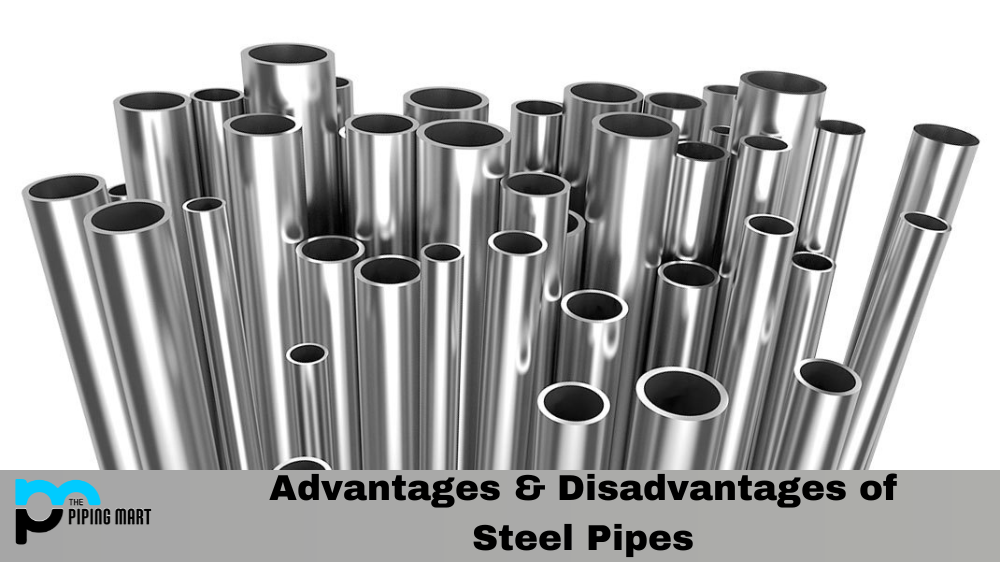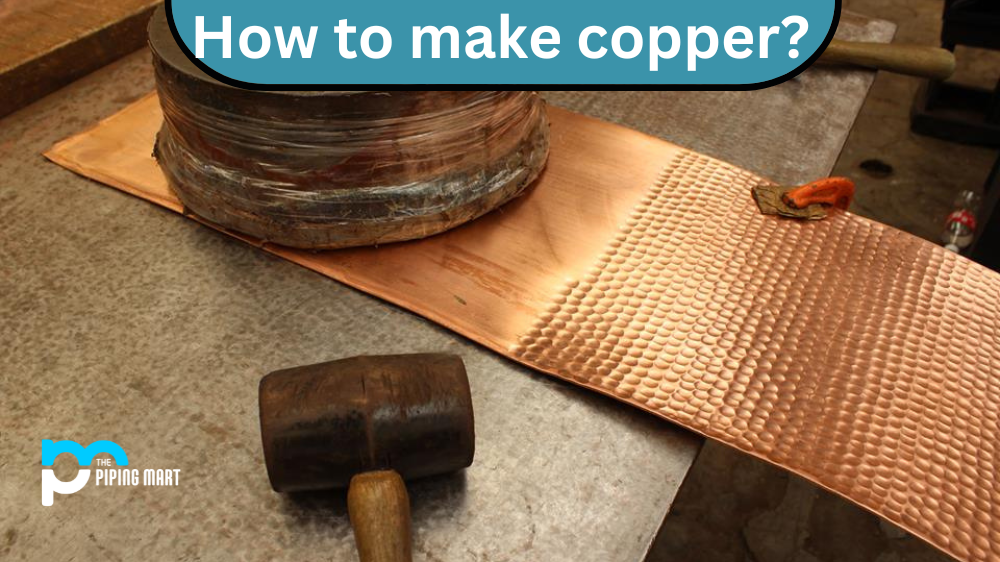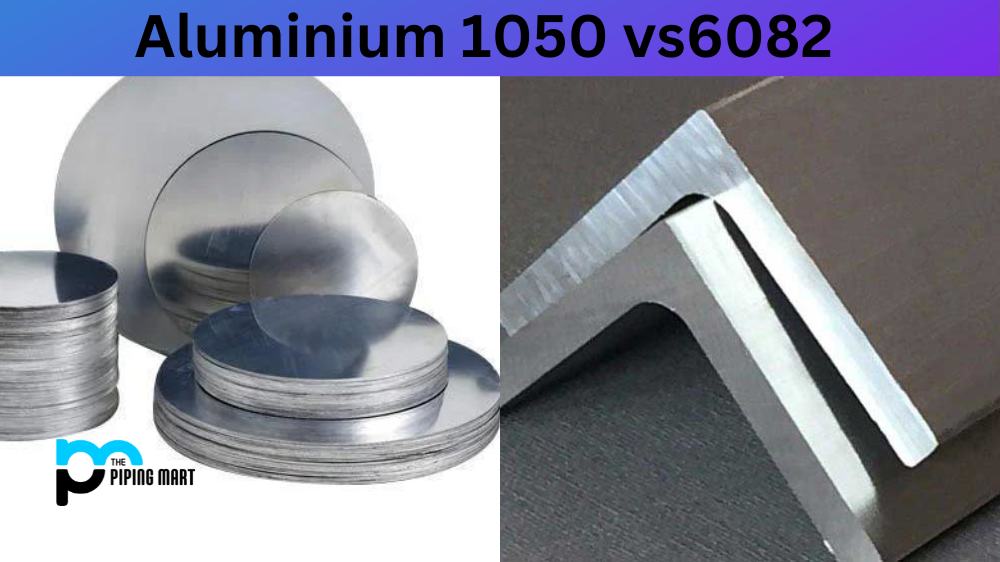Whether you’re selecting a new appliance or considering a jewelry purchase, it can be helpful to know whether stainless steel is magnetic. It’s a common question that many people have and one that needs to be taken into account when making decisions about the materials in your home. In this blog post, we’ll explore why some stainless steel items are magnetic while others are not.
What Is Stainless Steel?
Stainless steel is an alloy composed of iron and chromium. It is corrosion-resistant and designed to last longer than other steel products, which is why it is so widely used for commercial purposes. It also comes in a variety of grades, and each grade has different properties that affect its magnetism.
The Magnetic Properties of Stainless Steels
Some grades of stainless steel are magnetic, while others are not. Generally speaking, the higher the chromium content in the alloy, the less likely it will be to attract a magnet. For example, grade 304 stainless steel contains 18% chromium and 8% nickel but still may be slightly magnetic, while grade 316 stainless steel contains 16% chromium, 10% nickel, and 2% molybdenum but is essentially non-magnetic due to its high level of corrosion resistance. This makes it ideal for applications such as medical instruments where sterility must be maintained even after contact with magnets or metal objects.
Why Is Magnetic Stainless Steel Used?
Magnetic stainless steel is often used for kitchen appliances such as refrigerators because it helps keep food fresh by trapping bacteria and preventing contamination from other metals. Additionally, some types of jewelry contain small amounts of iron which give them their attractive metallic color without making them too heavy or uncomfortable to wear for long periods of time. Finally, certain grades of magnetic stainless steel are sometimes used in industrial applications where metal parts need to adhere to each other or remain securely attached during transportation or manufacturing processes. C
Conclusion
In conclusion, understanding whether stainless steel is magnetic can help you make informed decisions when selecting materials for your home or business needs. Some grades are more likely than others to be attracted to magnets, but all types have unique properties that make them ideal for different applications depending on your specific requirements. If you need more information about which type will best suit your project, feel free to contact us today! We’d love to help you find the right solution!
Meet Heer, a dynamic and driven writer learning tricks of her trade in the metal industry. With a background in Digital Marketing, Heer brings a unique perspective to her writing, sharing valuable insights. Apart from blogging she like reading and hiking.




